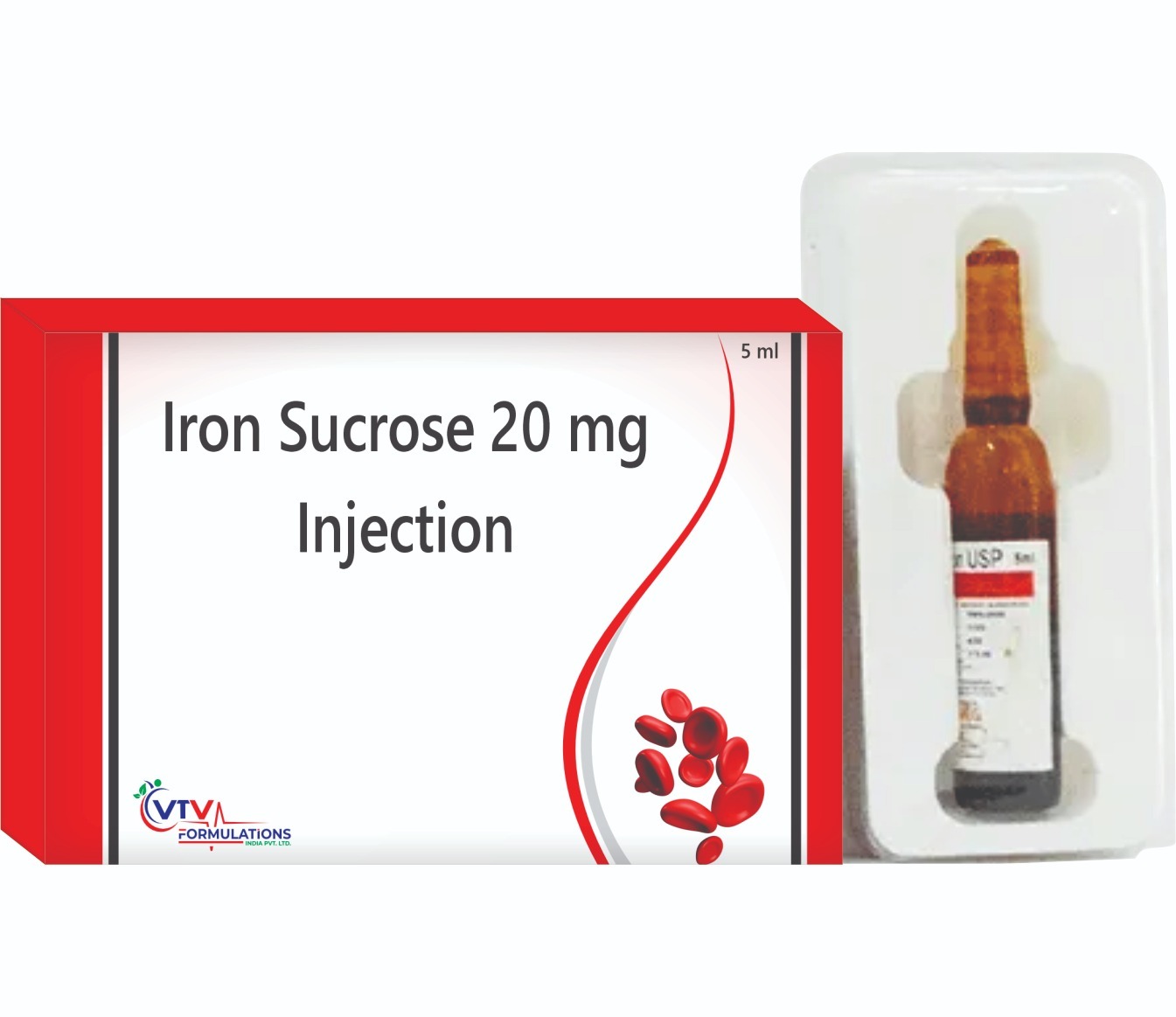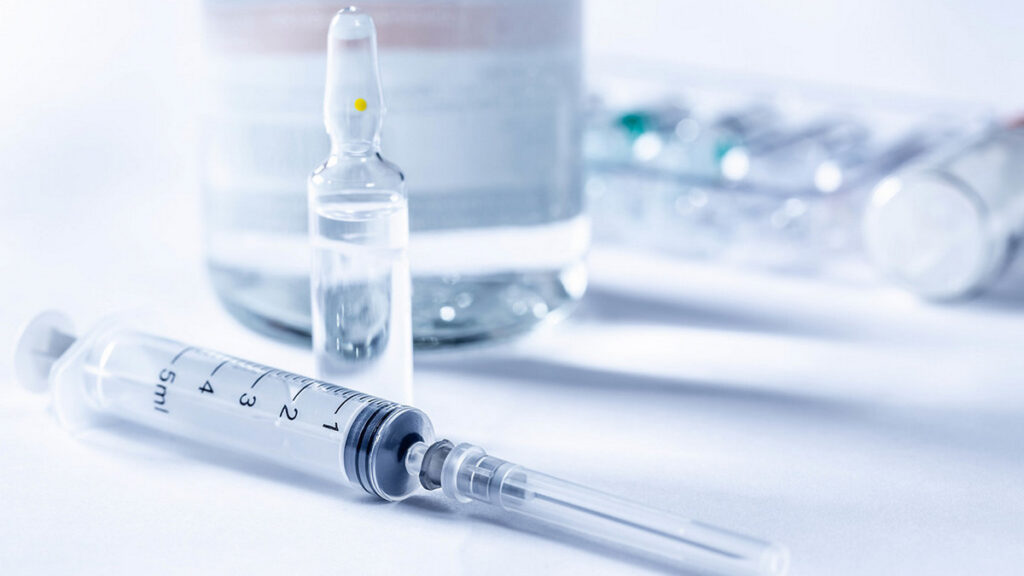How to Choose the Best Third-Party Injection Manufacturers

Why Third-Party Injection Manufacturers Are Essential
In today’s pharmaceutical industry, companies—especially small and mid-sized firms—face the challenge of producing high-quality medicines while keeping costs under control. Building a fully equipped manufacturing unit for sterile injectables is expensive, time-consuming, and highly regulated. Third-party injection manufacturers offer an effective solution, allowing businesses to bring products to market without investing in costly infrastructure.
These manufacturers specialize in producing sterile formulations such as ampoules, vials, pre-filled syringes, and lyophilized powders. By leveraging their expertise, pharmaceutical companies can focus on marketing, branding, and distribution while ensuring patient safety and regulatory compliance.
What Is a Third-Party Manufacturer?
A third-party manufacturer is a specialized pharmaceutical firm that produces products for other companies under their brand name. For injectables, these manufacturers maintain high-level sterile environments, validated equipment, and trained personnel capable of producing complex formulations consistently.
They take responsibility for the entire manufacturing process—from formulation and filling to packaging, labeling, and regulatory documentation. This arrangement helps companies save significant time and financial resources while accessing advanced technologies and industry expertise.
Direct vs. Third-Party Manufacturing
Direct manufacturers control the entire production process, including R&D, equipment, staff, and regulatory compliance. While this ensures complete oversight, it demands substantial capital, skilled manpower, and ongoing maintenance of infrastructure.
In contrast, third-party manufacturing allows companies to leverage existing GMP-certified facilities with experienced teams. It reduces risks, shortens time-to-market, and enables rapid scaling without the financial burden of owning a plant.
Why Injectable Products Require Expertise
Injectables are highly sensitive and strictly regulated dosage forms. Contamination at any stage can lead to serious patient harm and legal repercussions. Third-party manufacturers adhere to global guidelines from bodies such as CDSCO, WHO-GMP, ISO, and US FDA to maintain sterility, batch consistency, and compliance.
Their expertise ensures that complex formulations, including antibiotics, oncology drugs, and hormonal injections, are produced safely and reliably. By partnering with such manufacturers, companies gain access to validated cleanrooms, advanced sterilization techniques, and comprehensive documentation for audits and compliance.
Strategic Benefits of Partnering With Third-Party Manufacturers
Working with a reliable third-party manufacturer provides several advantages. It reduces upfront investment, accelerates product launches, expands product portfolios efficiently, and ensures compliance with global quality standards.
Additionally, manufacturers can advise on formulation optimization, packaging improvements, and production efficiency. This collaboration allows companies to focus on business growth while ensuring that high-quality injectable products reach the market safely and consistently.

Building a Strong Working Relationship With Manufacturers
Formalize Agreements Through Comprehensive Contracts
A clear, legally binding manufacturing agreement is crucial for a successful partnership. The contract should specify production scope, batch sizes, timelines, labeling standards, packaging requirements, and pricing structures.
It must also include intellectual property protection, confidentiality agreements, and penalties for non-compliance. A well-drafted contract prevents misunderstandings and ensures the manufacturer meets your quality and delivery expectations.
Establish Effective Communication Channels
Communication is key to smooth operations. Assign dedicated points of contact on both sides to manage day-to-day coordination and updates. Regular meetings—via phone, email, or video calls—allow issues to be resolved quickly and production schedules to remain on track.
Sharing sales forecasts, marketing plans, and expected demand helps the manufacturer allocate resources efficiently. Open communication reduces the risk of delays, errors, and misunderstandings during production.
Start With a Pilot Batch for Quality Verification
Before committing to large-scale production, request a pilot batch. This initial batch allows you to assess sterility, formulation consistency, packaging quality, labeling accuracy, and documentation standards.
Identifying discrepancies early prevents costly errors during full-scale production. A pilot batch also ensures alignment between your quality control team and the manufacturer’s operational processes.
Maintain Thorough Documentation at Every Stage
Record-keeping is essential in pharmaceutical production. Maintain Batch Manufacturing Records (BMR), Certificates of Analysis (COA), raw material source documents, and communication logs.
Well-organized documentation not only ensures regulatory compliance but also protects your business in case of audits, quality complaints, or legal disputes. Digital storage systems can help streamline access and improve security.
Foster a Relationship Based on Trust and Collaboration
Treat your manufacturer as a strategic partner, not just a supplier. Respect their expertise, provide timely feedback, and make prompt payments. Manufacturers who feel valued are more likely to offer priority production schedules, flexible minimum order quantities, and recommendations to improve efficiency.
Mutual respect and collaboration lead to long-term, stable partnerships that benefit both parties in quality, delivery timelines, and business growth.
Ensuring Quality, Safety, and Compliance
Implement a Comprehensive Quality Assurance System
Even with a trusted manufacturer, your oversight is essential. Key checks include raw material testing, in-process inspections, batch testing for sterility and potency, and stability studies.
Additionally, consider independent audits or third-party laboratory validation to verify manufacturer compliance. Consistent monitoring ensures every batch meets regulatory and quality standards.
Maintain Regulatory Documentation and Audit Readiness
Your manufacturer should maintain Certificates of Sterility, Environmental Monitoring Logs, Validation Reports, and Product Registration Dossiers.
Keep electronic and physical copies of all documents. Being audit-ready reduces compliance risks, strengthens credibility with regulatory authorities, and ensures smooth approval processes for local or international markets.
Protect Your Brand and Intellectual Property
Injectable formulations, packaging designs, and marketing strategies are valuable assets. Ensure your manufacturer signs NDAs, avoids producing similar formulations for competitors, and safeguards your proprietary information.
Brand protection measures, such as tamper-evident packaging, clear labeling, and batch coding, reduce counterfeiting risks and maintain consumer trust.
Monitor Post-Market Performance
Tracking customer feedback and reporting adverse drug reactions is critical. Post-market surveillance helps identify areas for improvement, informs future batch production, and enhances consumer confidence in your brand.
Regular analysis of feedback ensures that any issues are addressed proactively, improving product safety and reliability.
Prepare for Scaling Up Production
If your product gains market success, ensure the manufacturer can scale production without compromising quality. Key considerations include additional production lines, regulatory approvals for larger batches, and logistics for sensitive formulations requiring temperature control.
Maintaining consistent quality during scale-up is crucial to safeguarding brand reputation and regulatory compliance.
Finding and Selecting Reliable Third-Party Injection Manufacturers
Start With Focused Research
Identify potential manufacturers in major pharmaceutical hubs such as Baddi (Himachal Pradesh), Ahmedabad, Pune, and Hyderabad. Focus on firms specializing in injectables and holding certifications like WHO-GMP, ISO, or US FDA.
Evaluate their experience, client testimonials, production capacity, and specialization in ampoules, vials, or pre-filled syringes. Targeted research ensures you approach credible and experienced manufacturers.
Verify Certifications and Compliance Standards
Request and review all relevant certifications, including:
- WHO-GMP and ISO approvals
- State drug licenses and US FDA registrations
- In-house QC and QA protocols, equipment validation, and calibration reports
Manufacturers who openly share these documents and demonstrate adherence to global standards are more reliable partners.
Be Aware of Red Flags
Avoid manufacturers who:
- Do not display certifications
- Hesitate to provide audit or compliance documents
- Communicate inconsistently
- Offer unrealistically low prices
- Refuse facility visits
Ignoring these warning signs could result in poor product quality, regulatory failures, and reputational damage.
Conduct Site Visits or Virtual Tours
Whenever possible, observe the manufacturing facility firsthand. Check for cleanroom standards, hygiene practices, sterilization protocols, and adherence to SOPs.
If physical visits are not feasible, request virtual tours or inspection reports. Seeing operations firsthand confirms that the manufacturer has the necessary infrastructure and practices for high-quality injectable production.
Build a Shortlist and Test Manufacturer Capabilities
After initial screening, narrow the list to 2–3 top contenders. Request product samples, pilot batches, audit reports, and quotations. Assess production flexibility, turnaround times, and ability to meet your requirements before signing any agreements.
This thorough evaluation ensures that the chosen manufacturer can reliably deliver high-quality injectables consistently.
Conclusion: Making a Strategic Choice for Growth
Selecting a third-party injectable manufacturer is more than a business decision—it is a strategic collaboration. The right manufacturer helps your brand deliver safe, effective, and high-quality products, reduces operational risks, and accelerates market entry.
By conducting detailed research, establishing transparent communication, monitoring quality, and protecting intellectual property, companies can create long-lasting partnerships. In a competitive injectable market, informed decisions regarding third-party manufacturers are essential for compliance, quality assurance, and sustainable business growth.
Explore Related Blogs
Stay informed with our curated selection of similar blogs, offering expert perspectives on pharmaceutical trends, regulatory updates, and product innovations.
These articles are designed to help healthcare professionals, partners, and businesses stay ahead in an ever-evolving industry. Explore more to deepen your knowledge and make informed decisions.